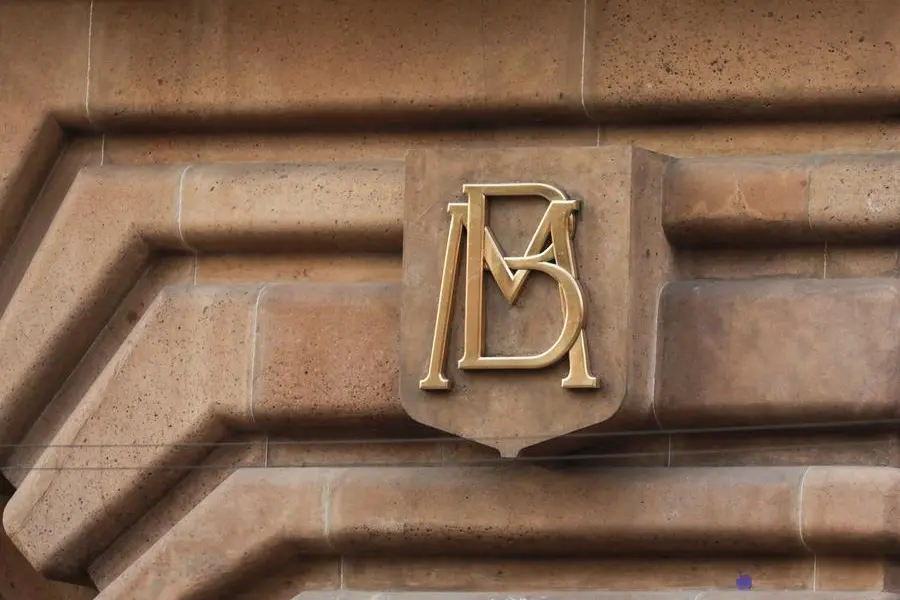PHOTO
The Bank of Mexico's five-member board will discuss the possibility of resuming interest rate cuts at the upcoming June 27 monetary policy meeting, following a rate hold last week, Governor Victoria Rodriguez told Reuters.
Banxico, as the Mexican central bank is known, held its benchmark interest rate steady at 11.00% on Thursday in a unanimous decision by its governing board, coming after a March cut of 25 basis points, the first rate reduction since it embarked on a tightening cycle in 2021.
"Considering the progress we have observed in the disinflationary process, we anticipate we can continue with the discussion of making additional adjustments to the reference rate," Rodriguez said.
The central bank would proceed gradually with any new rate cuts, taking into consideration the available data and the inflation outlook as challenges and risks remained, she added.
The most recent consumer price data showed that annual headline inflation sped up slightly more than expected in April, reaching 4.65%, above Banxico's target range of 3%, plus or minus one percentage point.
"The possibility of resuming cuts to our reference rate will be on the table" at the central bank's next meeting on June 27, said Rodriguez, adding that Banxico could cut rates even if the U.S. Federal Reserve decides to keep its rates steady at its next scheduled meeting earlier in the month.
Banxico, in its May 9 monetary policy statement, upwardly revised its forecasts for headline and core inflation for the following six quarters.
A "greater persistence" of services inflation, which is still not showing a clear downward trend, prompted the upward revision, Rodriguez said.
She underscored, however, that the new forecast should not be interpreted to mean the disinflationary process has stopped, only that it will be more gradual than had been previously thought.
Together with Banxico's rate policies, the peso currency , which has outperformed many of its emerging market peers, has been a key factor in containing inflation by moderating the costs for imports, she said.
"The peso has been resilient compared to other emerging economies and of course the economic fundamentals of our country have contributed to this, as well as the Bank of Mexico's monetary posture," Rodriguez said. (Reporting by Anthony Esposito; Editing by Jacqueline Wong)





















